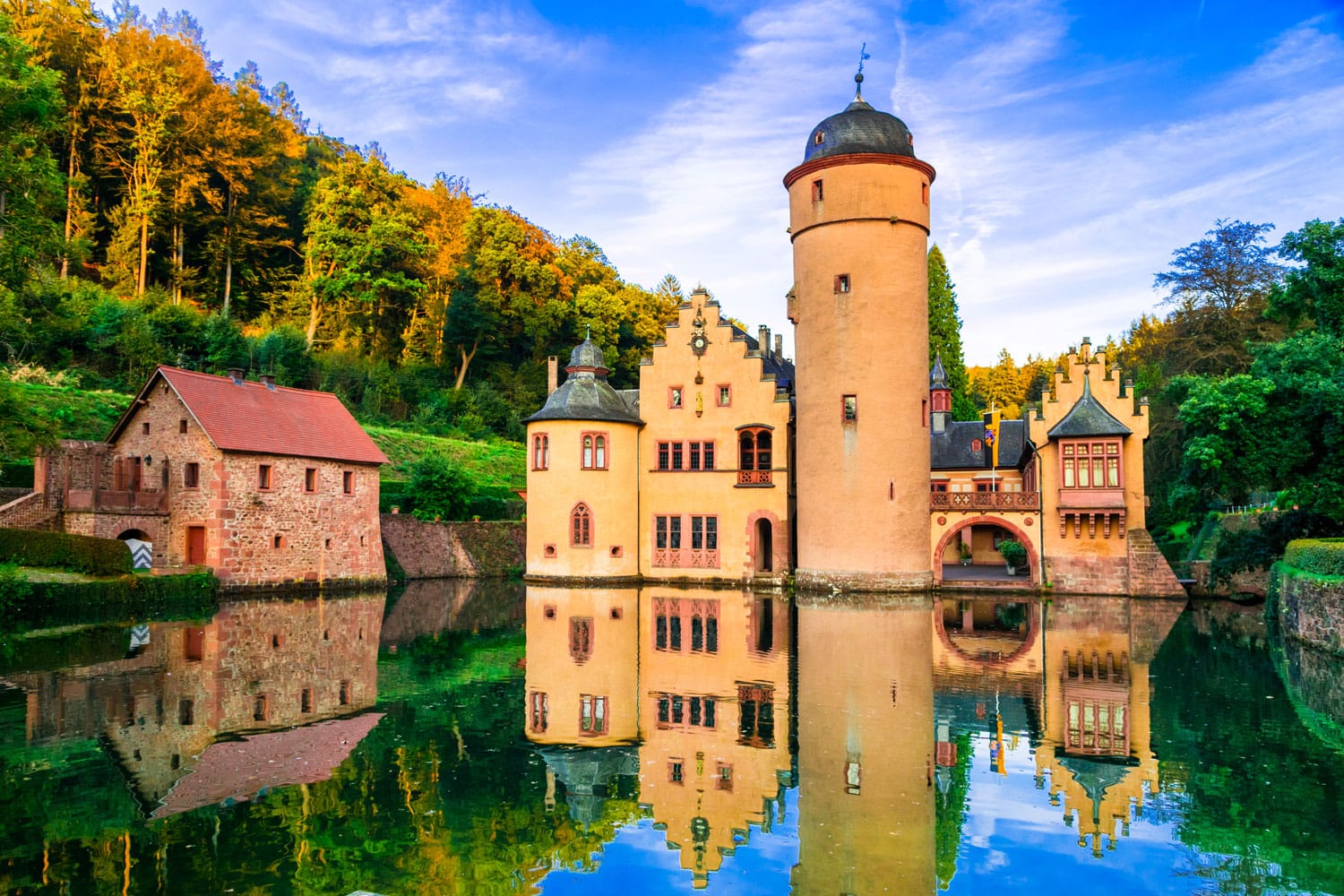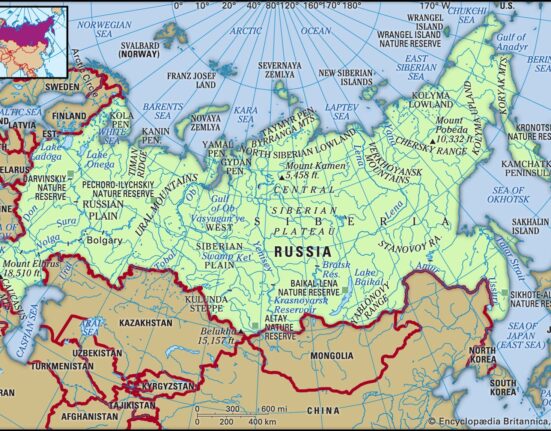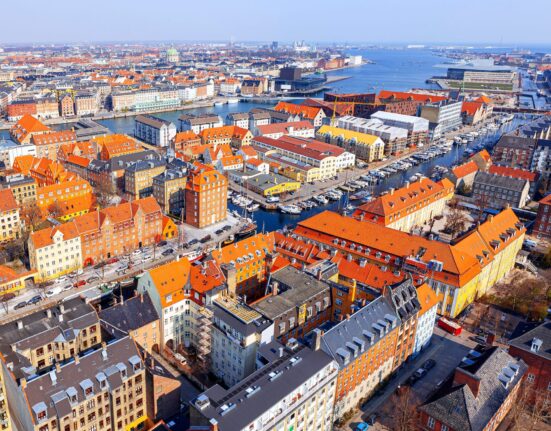In a surprising turn of events, Germany experienced a significant drop in asylum applications, with numbers plummeting by 50% during the first half of the year. This decline has raised eyebrows and sparked discussions about the potential factors driving this sharp decrease.
Experts have pointed out various reasons behind this notable decline. One key factor could be attributed to the changing geopolitical landscape and global dynamics impacting migration patterns. Asylum seekers may be reconsidering their options due to shifting policies, economic conditions, or other external influences that deter them from seeking refuge in Germany.
Moreover, internal developments within Germany itself might also be contributing to this decline. Changes in immigration regulations, political shifts, or even public perceptions can influence individuals’ decisions when it comes to seeking asylum in a particular country.
“This significant decrease in asylum applications indicates a shift that warrants further investigation. Understanding the underlying causes is crucial for policymakers to address any emerging challenges or gaps in the system,”
remarked an immigration expert familiar with European migration trends.
On another front, Turkey made headlines as it detained mayors from opposition-held cities like Antalya, Adana, and Adıyaman. The move raised concerns about democracy and governance issues within the country and garnered attention both domestically and internationally.
The detention of these mayors has sparked debates regarding political freedoms and power dynamics at play in Turkey’s local governance structures. Critics argue that such actions undermine democratic principles and restrict opposition voices, leading to increased tensions within the political landscape.
“Detaining elected officials sends a concerning message about the state of democracy in Turkey. It is essential for countries to uphold democratic values and ensure transparency and accountability in governance,”
stated a political analyst specializing in Turkish affairs.
As these developments continue to unfold on the global stage, they serve as poignant reminders of the complex interplay between politics, migration, democracy, and human rights – all central themes that shape our modern societies. Observers will keenly monitor how these trends evolve and impact communities both at home and abroad.









Leave feedback about this